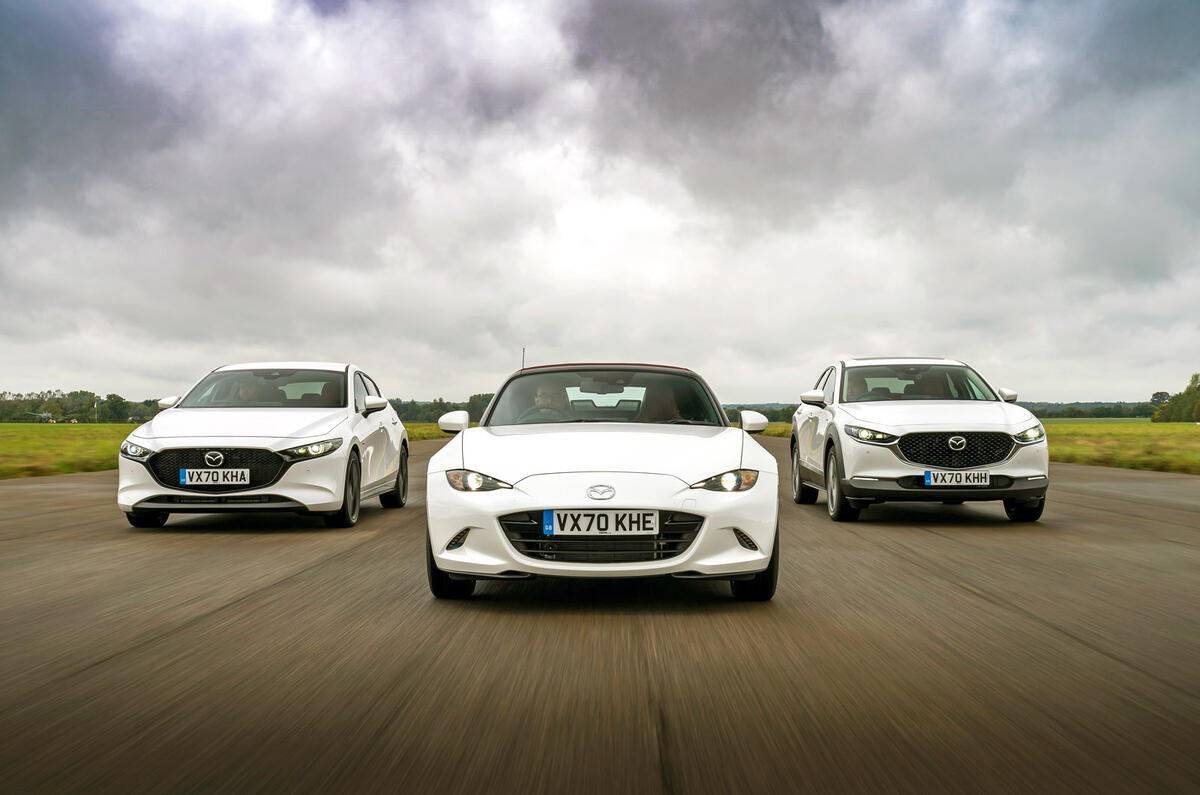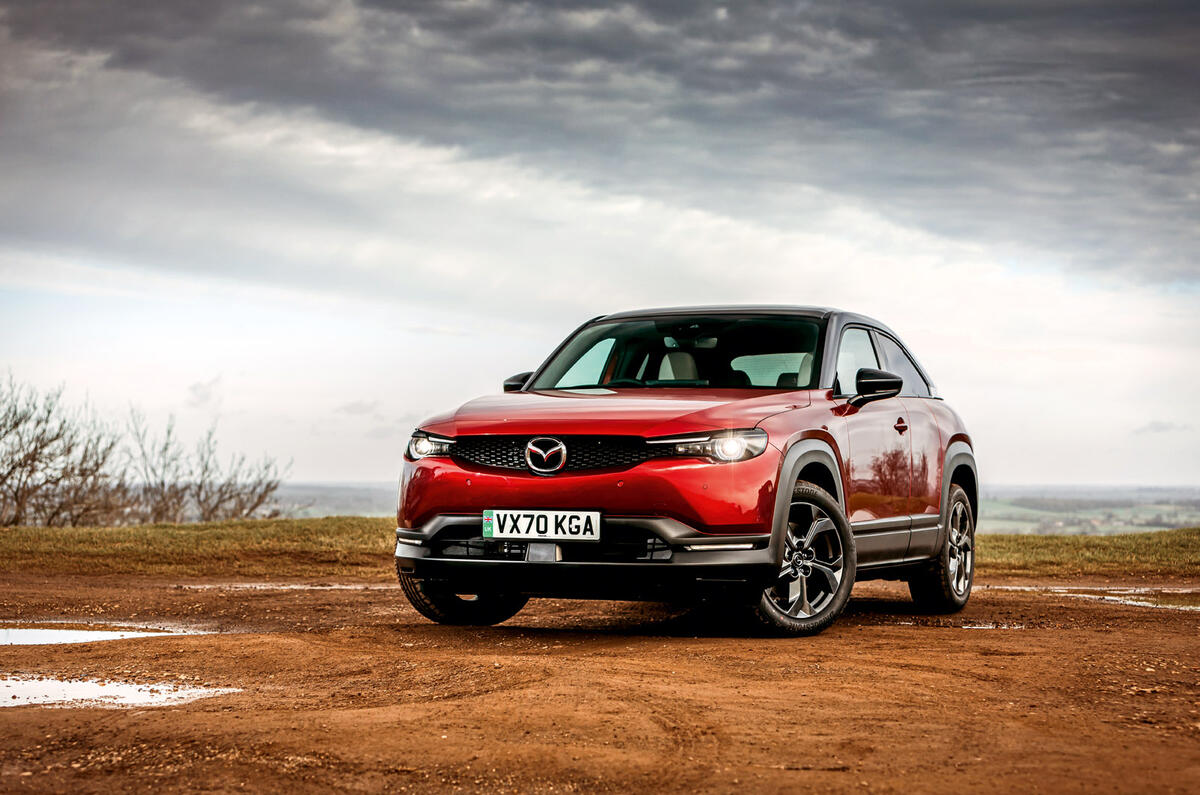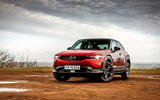Mazda recently launched an updated version of the Mazda CX-5 SUV, its best-selling car, and is primed to unveil the CX-60 SUV as the first in a wave of hybrid models.
As the brand embarks on a pivotal era of transformation and electrification, we caught up with UK managing director Jeremy Thomson to hear just how radically its positioning has evolved in recent years and how it could reach even loftier heights in the near future.







Add your comment